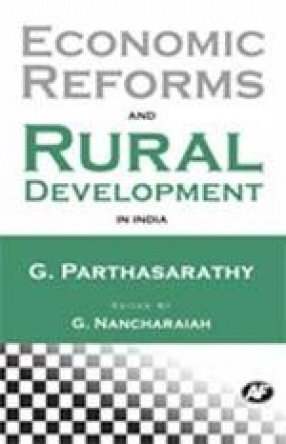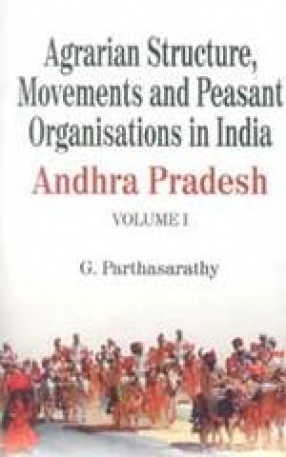Economic Reforms and Rural Development in India
Synopsis
Since 1991 Indian economy has been exposed to economic liberalisation and globalisation in line with structural adjustment and stabilisation policies initiated by IMF and World Bank. Structural adjustment policy advocated privatisation, import liberalisation, and export-led growth while stabilisation policy emphasises reduction in fiscal deficit through withdrawal of subsidies given to industry, trade and agriculture. There has been a shift in the Indian economic policy from state-oriented development strategy to market-oriented development, leaving the decisions of production and distribution to the market signals. This policy became controversial as some argued in favour of it while others argued against it. In this book, Prof. G. Parthasarathy has rigorously analysed the pros and cons of structural adjustment and liberalisation policies and empirically examined its effects on rural development at national and state level, in terms of agricultural growth, employment opportunities, wages and reduction in rural poverty. SINCE 1991 Indian economy has been exposed to economic liberalisation and globalisation in line with structural adjustment and stabilisation policies initiated by IMF and World Bank. Structural adjustment policy advocated privatisation, import liberalisation, and export-led growth while stabilisation policy emphasises reduction in fiscal deficit through withdrawal of subsidies given to industry, trade and agriculture. There has been a shift in the Indian economic policy from State-oriented development strategy to market-oriented development, leaving the decisions of production and distribution to the market signals. This policy became controversial as some argued in favour of it while others argued against it. In this book, Prof. G. Parthasarathy has rigorously analysed the pros and cons of structural adjustment and liberalisation policies and empirically examined its effects on rural development at national and state level, in terms of agricultural growth, employment opportunities, wages and reduction in rural poverty. IN the editorial introduction to this book, Prof. Nancharaiah has remarked “It is interesting to note that the inferences drawn and predictions made by Prof. G. Parthasarathy in early 90s on the basis of the past empirical trends and theoretical analysis regarding the implications of structural adjustment and new economic policy are found to be mostly consistent with the recent trends in Indian economy particularly with reference to rural development and rural poor. Thus this book is relevant for understanding current economic problems of Indian economy particularly rural development in the context of new economic policy.
Read more
27.00
24.3
$
30.00 $
Free delivery Wolrdwidе in 10-18 days
Ships in 1-2 days from New Delhi
Membership for 1 Year $35.00
Get it now and save 10%
Get it now and save 10%
BECOME A MEMBER
Books by the same authors









Bibliographic information
G. Parthasarathy